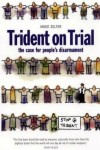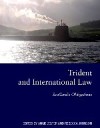What is a bust card?
Bust cards are often used to contain basic advice on what to do if arrested.
They can also be useful to get other key messages across – such as what to do if you are stopped and searched, or your rights in relation to police photography.
It is up to you how you want to use your bust card, and what information you want to put on it. The general rule is the simpler the better but keep in mind who it is you are trying to reach.
Bust Card & Your Basic Rights
A bust card provides people who have been arrested with
• useful telephone numbers
You will need to find a friendly lawyer/solicitor
• a list of basic detention rights
Below is some sample text
You can find some other examples at
• http://netpol.org/resources/bust-cards/example-bust-cards/
• http://greenandblackcross.org/sites/default/files/GBCbustcard.pdf
Telephone numbers
• Legal support: telephone number
Write this on your arm now. Ask the police to ring this number when you exercise your right to have someone informed of your arrest
• Solicitor: telephone number
If you need to speak to a lawyer,** *ask the police to ring this number
List of basic detention rights
• You have to give your name and address to the custody officer AT the police station. You do not have to give
your date of birth. The only advantage is that you might get released more quickly.
• You have the right to have a person told of your arrest – please ask the police to ring your Legal Support. Tell
to speak to Legal Support about your situation and welfare.
• You have a right to free legal advice, under certain circumstances. *** Try not to use the duty solicitor.
• You have the right to REMAIN SILENT . You can remain silent or say ‘no comment’ to ALL questions before and
after arrest and during interviews.
• You have a right to see a doctor if sick or hurt.
• Your have the right to read the PACE Code of Practice about how you should be treated in custody.
• If you are under 17 you will have to have an appropriate adult if you are interviewed (parent/legal guardian or
another responsible adult.)
• If you are a foreign national, you can ask for an interpreter, although you may not get one.
Remember
Once you have been arrested, everything you say is evidence - there is no such thing as a friendly chat.
*** Additional information about access to a lawyer
This does not need to go on the Bust Card, but people need to be informed before the action.
If you have been arrested for a imprisonable offence, or if the police want to interview you, then you have a right to speak to a solicitor of your choice, free of charge.
You to should contact [name of firm] on [number].Do not use the duty solicitor, unless there is absolutely no other choice. If you are 17 or under you cannot be interviewed without an ‘appropriate adult’ present (parent or legal guardian).
For non-imprisonable offences (including obstruction of the highway and breach of the peace), The police will say you can only ring Criminal Services Direct (this is about as helpful as NHS Direct, so don’t bother). Thames Valley often don’t bother to interview you for these offences, but if you feel you need to talk to a solicitor, ask to ring [name of solicitor ]who has agreed to provide advice for free [ number].

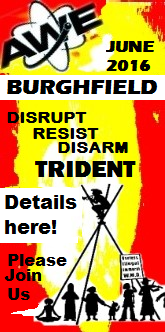
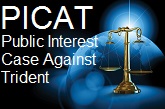
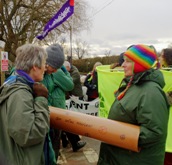





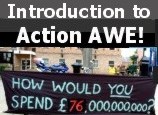


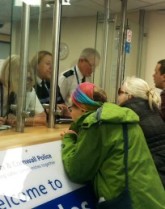 Nuclear weapons crime in the UK has been reported to Thames Valley Police.
Nuclear weapons crime in the UK has been reported to Thames Valley Police.








